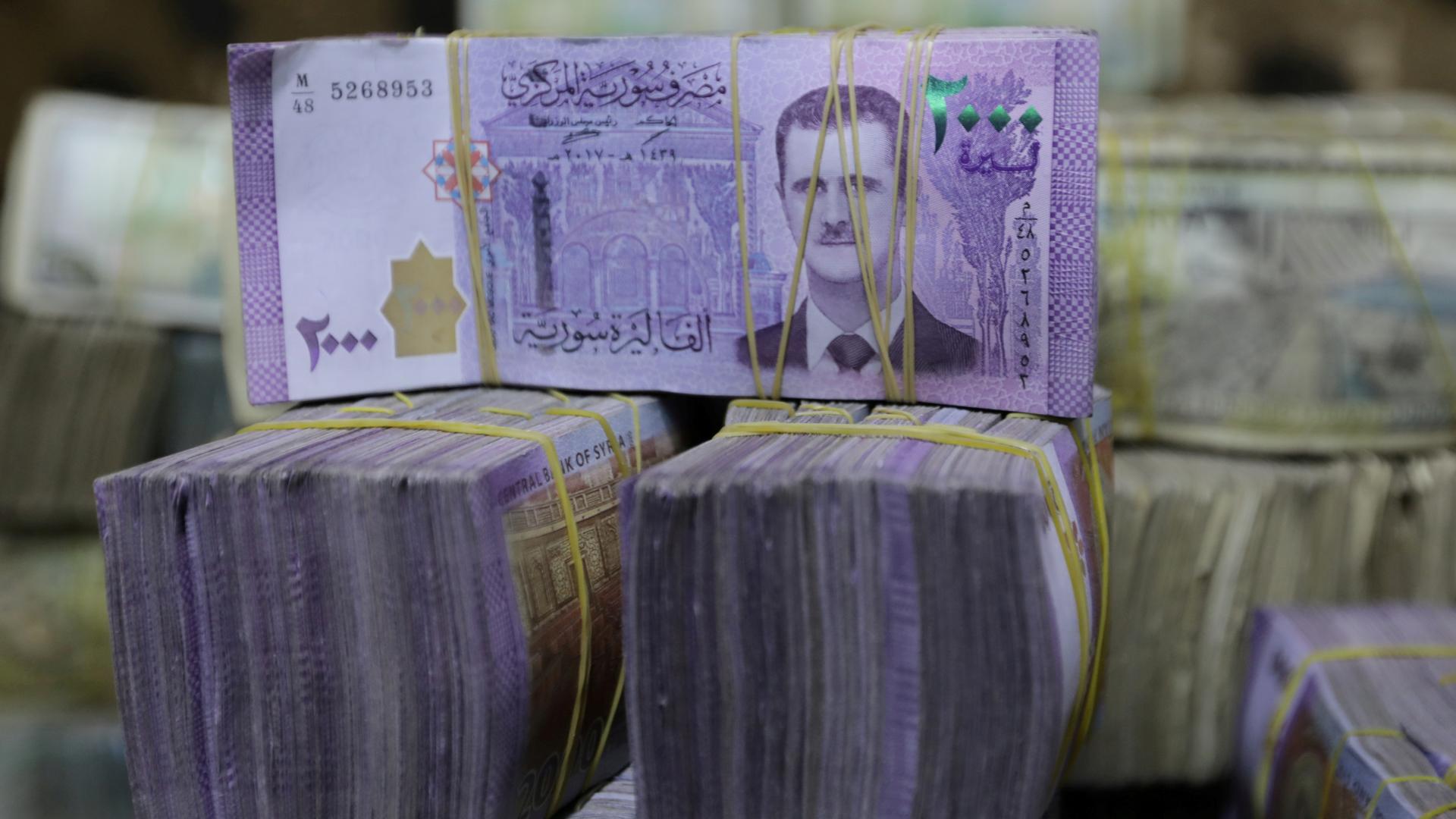Cutting Bashar al Assad’s lifelines breathes new life into the struggle to unseat the dictator accused of war crimes.
As the world continues its fight against Covid-19, the suffering in Syria, and some of the bloodiest years in the Middle East, does not abate. We are facing the fact that half a million people have been killed by Assad, and 6.5 million Syrians have been forced into displacement from the conflict.
Neither the United Nations nor the European Union has been able to take the desired steps for the Syrian crisis. Several countries thousands of kilometers away have tried to divide Syria for their own agendas.
Even the Trump administration has pulled back any serious military role in Syria, realising that their policies have been wrong. There are approximately 700 US soldiers in Syria right now, and unfortunately, they are still cooperating with the terrorist YPG-PKK. At least in the northeast, upon Turkey’s demand, the terrorist organisations have been forced out.
The Caesar Syria Civilian Protection Act, also known as the Caesar Act, passed through Congress with a bipartisan decision last year and was signed by President Trump on December 21. This act came into force last week.
The act gets it name from the alias of a Syrian defector who worked with military police, and leaked 55,000 photographs of 11,000 prisoners who were killed by torture in Assad regime prisons.
The act aims to impose sanctions on idividuals and organisations who support the actions of the Assad regime or engage in massive monetary transactions with them. The act makes it nearly impossible to carry on business or trade with Syria.
It is anticipated that the act will have a negative effect not only on Syria but many other establishments, notably in Russia and Iran, together with Lebanon. There are many that observe that it could affect the political balance and economy of Lebanon, who also hosts 900,000 Syrian refugees.
The act is in place for five years, and the sanctions stated shall be lifted if it is guaranteed that the Assad regime stops killing civilians, lets international humanitarian aids through, war criminals are not freed and refugees can return to their homelands safely – and the regime is convicted as criminals of war.
Frankly, the purpose of these sanctions is to force Assad to resign. Both the US and Turkey agree on this issue. However, Assad will not resign; he is a puppet of Russia and Iran, and is also at times supported by China at the UN General Assembly.
However, if Syria’s economy continues its collapse, and the people rebel, many surprises may await Syria in the medium and long term.
I spoke with members of Congress from both the Republican and side who supported the act from day one, and believe that it is impossible for Syria to survive in the face of these sanctions.
The Assad regime has described the economic sanctions as terror. Representatives of the US Department of State have emphasised, though, that Assad has been funnelling tens of millions of dollars into the war effort every month with no consideration for the dire conditions of his people.
Syria has been struggling financially for quite some time. When the act was passed, the Syrian pound fell by 3,500 points against the US dollar.
According to the UN OCHA, Syria faces serious problems: a poverty rate of 83 percent, child labour, underaged marriages, and the enlistment of child soldiers.
Many economists expect that with this act, it will become more difficult for Assad to supply oil and gas, and the purchase and sale will fall to its lowest level, especially with countries that have trade relations with Syria.
In addition, the act bans all dollar exchanges in order to control the black market, while imposing sanctions on those who provide services to the regime in the aviation, construction and engineering sectors.
With the act, the US aims to bring the long-forgotten Assad regime to the back on the agenda of world public opinion, strengthen the opposition, support refugees by preventing civilian massacres and send a message to both Iran and Syria, though indirectly.
Similarly, the aforementioned law, in accordance with the decisions of the United Nations Security Council numbered 2118 and 2254, lays a burden on Russia and Iran as well as the regime.
The law assigns “responsible and accountable” attributions to Russia. Of course, when it comes to Syria, it is worth mentioning that the ‘veto’ has been a trump card, played particularly by Russia.
Maybe the recently elected 75th UN General Assembly President Volkan Bozkir can bring a different dimension to this issue by taking it to the UN General Assembly.
In addition, Syrian opposition groups have an opportunity call on European nations to enact similar laws to the Caesar Act.
On the other hand, there are also people who believe that it will cause Assad, Russia, and Iran to grow closer and that the Caesar Act could conflict with the Sochi and Astana agreements.
Looking at medium to long-term, I consider that the Assad regime will find itself on hard times. If only more serious and frank actions would have been taken during Barack Obama’s presidency, maybe then the current humanitarian plight in Syria would have been prevented.
Author: Ali Cinar
Ali Cinar is a Senior Foreign Policy Expert and a 2019 Ellis Island Medal of Honor Recipient.
Source










Discussion about this post